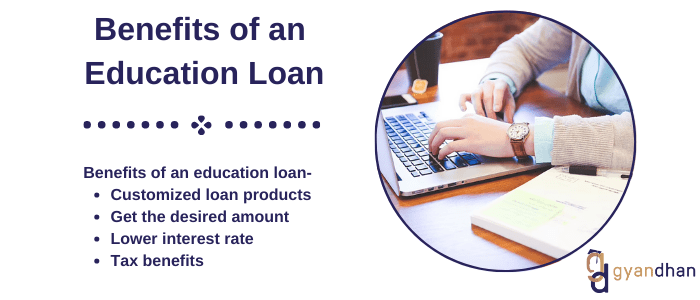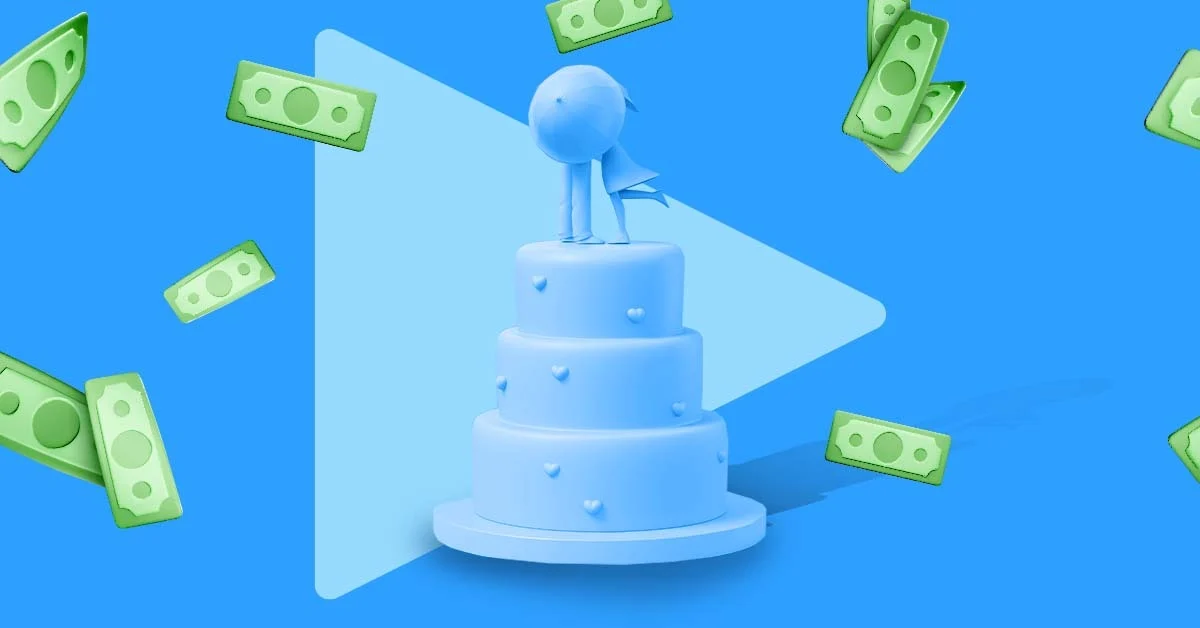College students are often advised to avoid private loans unless absolutely necessary, and instead, encouraged to explore all other available financial aid options.
The suggestion is sound. In general, private student loans offered by banks, credit unions, and other private lenders lack the same benefits and protections for borrowers as government loans.
Before taking on debt from a college loan, as a student, you should first look for grants and scholarships, which are money for college that you won’t have to pay back. Then, in the event that you’re actually going to require school credits, you ought to, by and large, ensure you’ve expanded all your accessible government credits before you consider taking out a confidential understudy loan.
Repayment Options and Interest Rates Federal education loans have fixed interest rates and are more flexible than private loans in terms of repayment terms. Repayment extensions to give you more time to repay, loan deferments and forbearances that can temporarily postpone your college loan payments in the event that you are facing financial hardship, and income-based repayment options that keep your monthly payments at a figure that you can afford are available from the Department of Education.
You might also be able to get rid of some or all of your government loan debts if you work in the public sector.
In contrast, the interest rate on private student loans is almost always variable, and private lenders are not required to offer the same amount of repayment flexibility as federal loans.
Anyone should be wary of adjustable-rate loans on anything, given the current foreclosure crisis that began as a result of adjustable-rate mortgages.
However, it’s important to remember that adjustable-rate private student loans can have lower interest rates than their fixed-rate federal counterparts when interest rates are low, as they are right now.
You may be eligible for the lowest-rate private college loans if you have excellent credit or if you have an excellent parent or co-signer. At the moment, the interest rates on these loans are as much as 3 to 6 percent lower than the rates on federal student and parent loans.
As the economy continues to recover from the recession, interest rates on private loans will likely continue to rise. However, if you or your parents are able to pay off your private student loan quickly, you may be able to save money over a government-issued college loan.
Taking Care of Your College Costs: Why Get a Private Student Loan?
The purpose of private student loans is to “fill the gap” in college funding that may remain after you exceed the federal borrowing limits for students. As a rule, families find that grants and government monetary guide just aren’t sufficient to take care of the increasing expense of school.
You might not be able to pay for college or continue your education without private student loans.
Statistics show that college graduates have a better chance of finding work than non-graduates do, and on average, college graduates earn more in their jobs than workers without a college degree. Better job and salary prospects may make it easier for you, as a college student, to pay back a reasonable amount of private student loans.
Working with Private Student Loan Lenders College loan providers are aware of the financial challenges college graduates face. As of late, probably the biggest confidential understudy loan moneylenders have organized new rules for the reimbursement and absolution of school advance obligation.
This year, for instance, Wells Fargo and Sallie Mae announced that they would begin paying off private student loans upon the borrower’s death. Prior to this, the co-signer was responsible for paying off that debt.
Some private lenders have also shown a slight increase in their willingness to work out modified repayment plans with troubled borrowers who are unable to repay their private student loans, despite the fact that the recession and large swaths of unemployment among recent college graduates have resulted in higher rates of delinquency and default on college loans.
Being a Smart Student Borrower It pays to shop around for private education loans for students who must use them. While interest rates are always significant, they are not the only consideration. Some private student loan programs may have a clear advantage over others because of their repayment policies, payment deferral options, penalties for default and late payments, interest rate caps, and other terms.
Keep an eye on your total debt from all sources, including school loans, and try to limit your reliance on federal and private college loans.
You can track all of your federal loan debt using the National Student Loan Data System provided by the Department of Education. Furthermore, on the off chance that you’re conveying obligation from numerous government school advances, the Instruction Division’s understudy loan obligation solidification program can assist with working on the reimbursement interaction and may bring down your month-to-month credit instalments.
Make it a top priority to pay off the loans with higher interest rates first as you begin to repay your school loans.
You can benefit from the careful and limited borrowing of private student loans to help pay for your college education if you use all of your federal financial aid options, take advantage of college scholarships, and reduce the amount of debt you take on. Jeff Mic tabor is passionate about news stories about student loans. For the past ten years, he has written for a variety of education publications. He now works for himself as a freelance writer.


